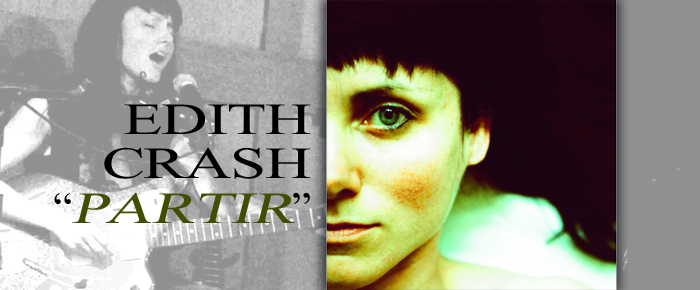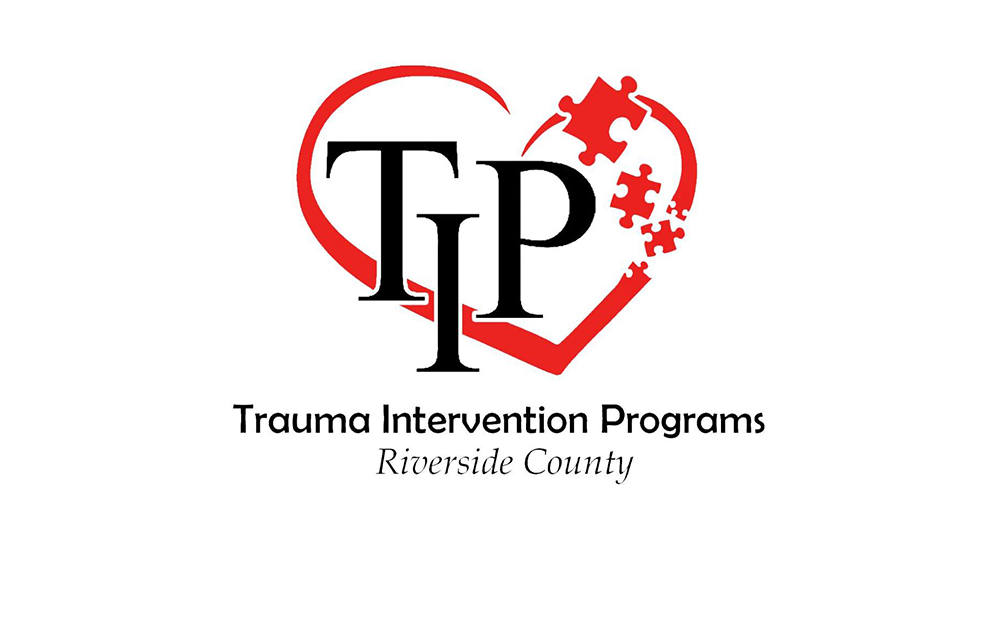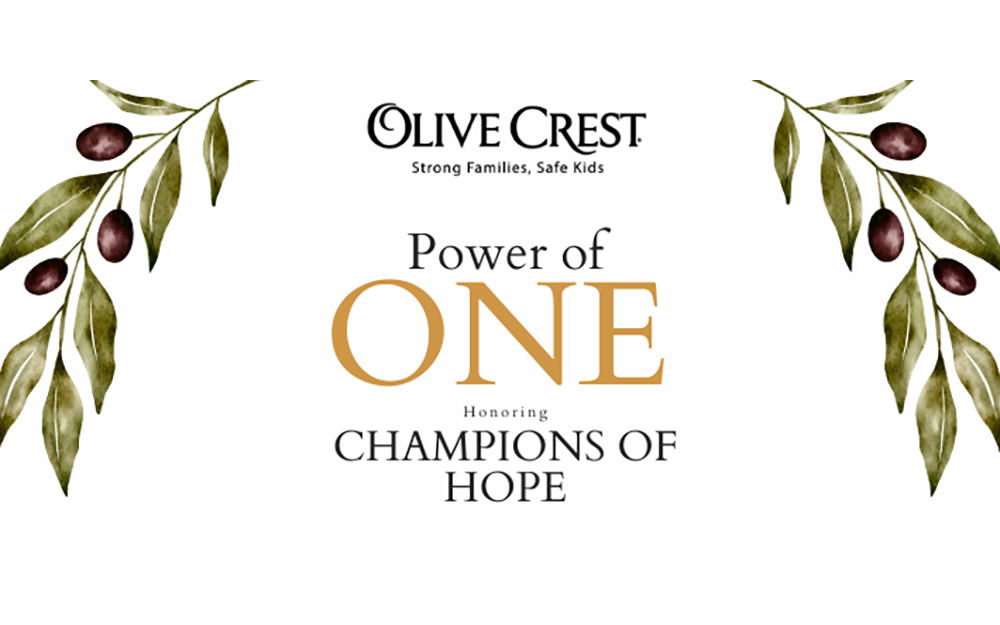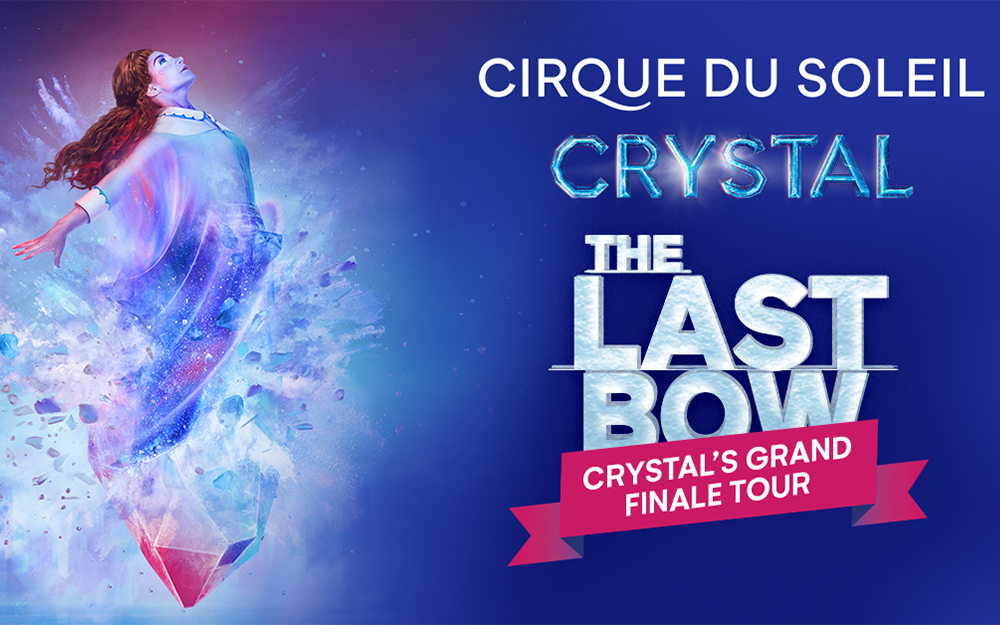
By Eleni P. Austin
Chances are, when you think of French music, maybe three styles come to mind: That kind of lilting, accordion accented music that conjures up berets, baguettes, stripe-y Jean Seberg shirts, and a million love montages from Rom-Com movies.
Then, there’s that sort of louche “every little breeze seems to whisper Louise” approach usually embodied by (Nazi sympathizer) Maurice Chevalier or Looney Tunes lothario, Pepe Le Pew. Finally, there’s the torchy, tortured chanson singer best epitomized by the legendary chanteuse, Edith Piaf.
But if you choose to move beyond these Pop culture stereotypes, you might discover that French music is as diverse and eclectic as, well, American Pop music. Bands like Air and Phoenix, as well as solo artists like Bertrand Burgalat, Manu Chao, Charlotte Gainsbourg and Dimitri From Paris have all found variations of success on American soil. Edith Crash is a musician that should be added to that list.
Edith Crash was born in the South of France in Perpignan. Her family had migrated from Spain to France early in the 20th century. Edith was a shy child and music provided emotional stability when other elements of her life seemed over-whelming.
She began writing songs at age 13. Her first band played a cover songs, Edith was their drummer. By the time she was 17 she had moved to Spain and was studying to become a sound engineer. She also acted as a roadie for several festivals and events.
During her years in Barcelona and Madrid, she cycled through a series of groups, finding success playing bass in The Cannibal Queen, a Metal band who opened for Avenged Sevenfold and Deep Purple, among others. The Cannibal Queen did well, but their music wasn’t as emotionally satisfying as the material Edith created alone. She was determined to strike out on her own.
In 2010 she released her solo EP, Des Mots. The next year she followed up with the full-length Del L’ Autre Cote. Her third album, Inonde arrived two years later. Each effort seemed informed by Edith’s myriad musical influences, from deep Delta Blues, to Nina Simone to Jacques Brel and Portishead.
Of course, she was advised to sing in English, or risk limiting her appeal. But she made a conscious choice to sing in her native tongue. Quite honestly, her music seems all the more authentic and evocative because it is sung in French.
After an extended stay in Los Angeles, Edith decided to re-locate permanently. Unfortunately, her Mother, Anna-Marie Atge, became ill with cancer and Edith and her siblings rallied around. She completely put her career on hold, caring for her mother until she passed away.
Throughout the illness, creating music became her solace, but once her Mom was gone, Edith was at a crossroads, unsure about returning to L.A. and resuming her career. Ultimately, her family supported her choice to continue, giving her the strength to persevere. Back in Los Angeles she met one of her biggest musical heroes, Alain Johannes. He agreed to produce her next album.
A Rock & Roll Zelig, Alain Johannes has been a quiet force on the L.A. music scene for nearly 30 years. He started his first band with Flea, (pre-Red Hot Chili Peppers) while both attended Fairfax High School. But he found his most creative and enduring success in Eleven, the Power Trio he started with his late wife, Natasha Schneider and Jack Irons.
Along the way he played bass with Queens Of The Stone Age (after Nick Oliveri left), and rhythm guitar for Them Crooked Vultures, the Super Group that included QOTSA’s Josh Homme, Foo Fighter Dave Grohl and Led Zeppelin bassist John Paul Jones.
Behind the scenes he produced Chris Cornell’s first solo album, and has lent his production expertise and musical skills to albums by No Doubt, Mondo Generator, Eagles Of Death Metal, Masters Of Reality and Arctic Monkeys. He has also recorded two stellar solo albums and is currently working with another Super Group, the Ten Commandos, featuring members of OFF!, Screaming Trees, Pearl Jam and Sound Garden.
Setting up in Alain’s 11AD recording studio, things came together very quickly. The result is a fluid, eight song collection entitled Patir.
The album opens with the one-two punch of “Perdu La Foi (Lost Faith)” and “On Aurait Pu Rester La. (We Could Have Stayed There).” On “Perdu…” slashing guitar chords crash over a bare bones melody and pummeling beat. The lyrics limn the sense of desperation that envelopes us as we watch a loved one succumb to disease. “Into a pit, my heartbeat stops, between snakes and dog fights weakened by their fangs/I drank their venom, the sound of drums closing in.”
“On Aurait…” is anchored by a heartbreak beat. See-saw guitar riffs slowly accelerate as Edith’s vocals build from a whisper to a scream. Railing against the fates she attempts to process her grief; “We could have stayed there wondering why, you would have cried over my fate I would have cried over your body/But we walk toward different roads, and fight the ache that holds us.”
Her sorrow is tempered two on tracks, “Octobre (October),” and “Quand Le Jour Viendra (When The Day Will Come).” The former feels more intime, he vocals are hushed and whisper quiet. The melody is a strummed acoustic roundelay in ¾ time. She softly intones “you should know how much I love you.” It echoes the pastoral grace of Nick Drake’s best music.
The latter has a prayerful quality. Guitar notes ring like a tolling bell as she offers this quiescent benediction; “May the veil lift, may the light lead us/Where the calm reigns, where your peace will be mine.
Edith’s vocals on “Sur Le Bord De La Route (On The Side Of The Road)” split the difference between a siren song and a cri de Coeur. Over spiky guitar chords and a metronome rhythm, like a banshee wail, the lyrics seem to foretell death.
Her fleet fretwork provides ballast for Edith’s vocal flights of fancy on the title track. As her mother’s life ebbs, she promises undying fealty. It’s also a bit of a restless farewell, as she is reluctant to say goodbye. “Since we must take the last train, fearless, you go on board/On the dock I expect mine, singing with all my soul.”
“Comme Une Flamme” (The Flame)” offers a bit of respite from the sturm und drang. Despite the devastation and loss, Edith remains vaguely hopeful “No, I’m not done believing, no, I’m not through dreaming/I’m still caressing the hope to see the rising dawn.”
The album closes with “F8643.” A rather utilitarian title for a beautifully nuanced acoustic instrumental; the melody is almost beatific, like a beacon of light at the end of a lonely road.
Alain Johannes’ stripped down production is pitch-perfect. Partir is relentlessly revealing, personal, and cathartic. It recalls watershed albums by PJ Harvey, Ani DiFranco and Patti Smith. It’s definitely not dinner party music. It demands the listener’s full attention. Nothing less will do.










































